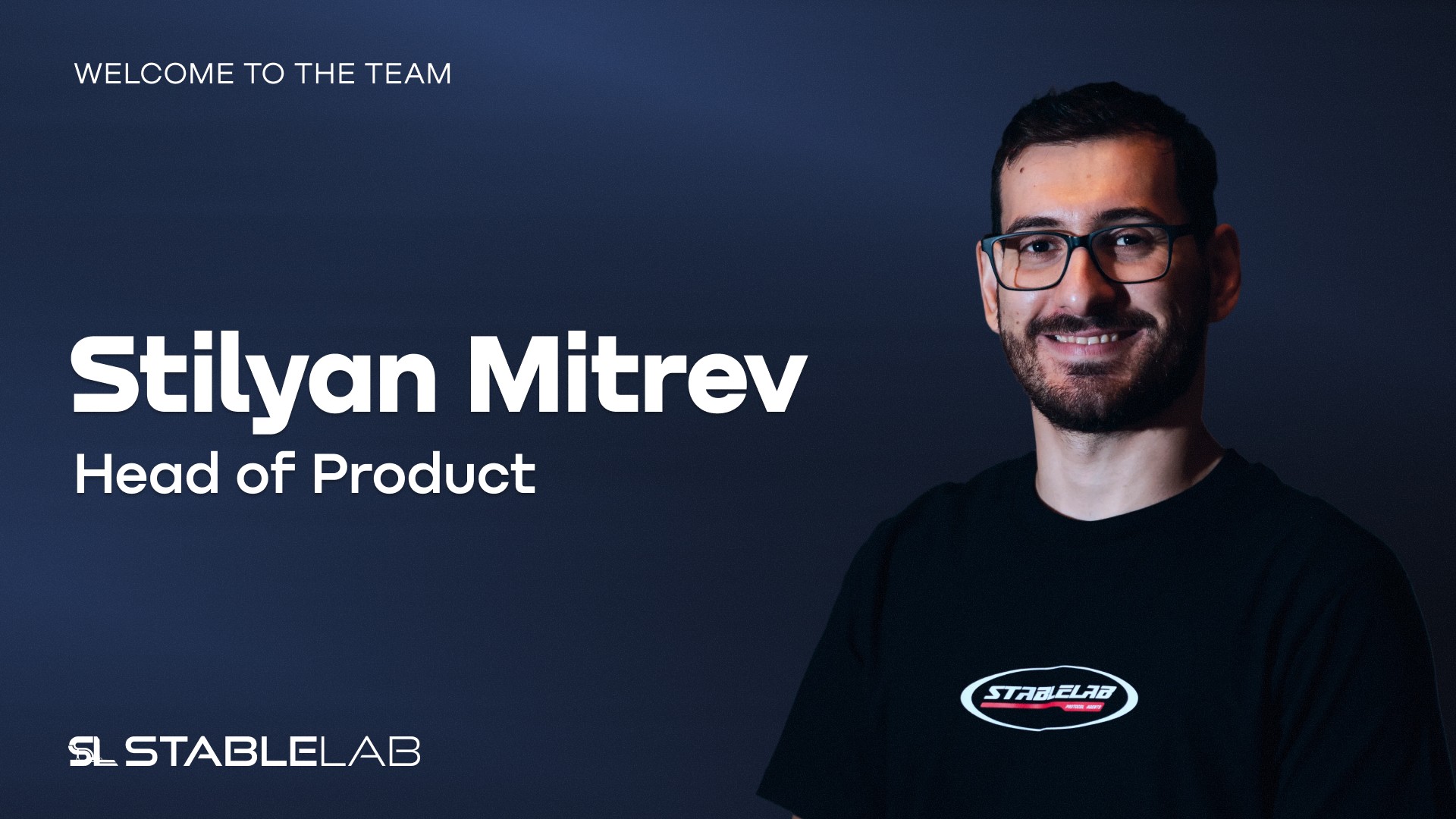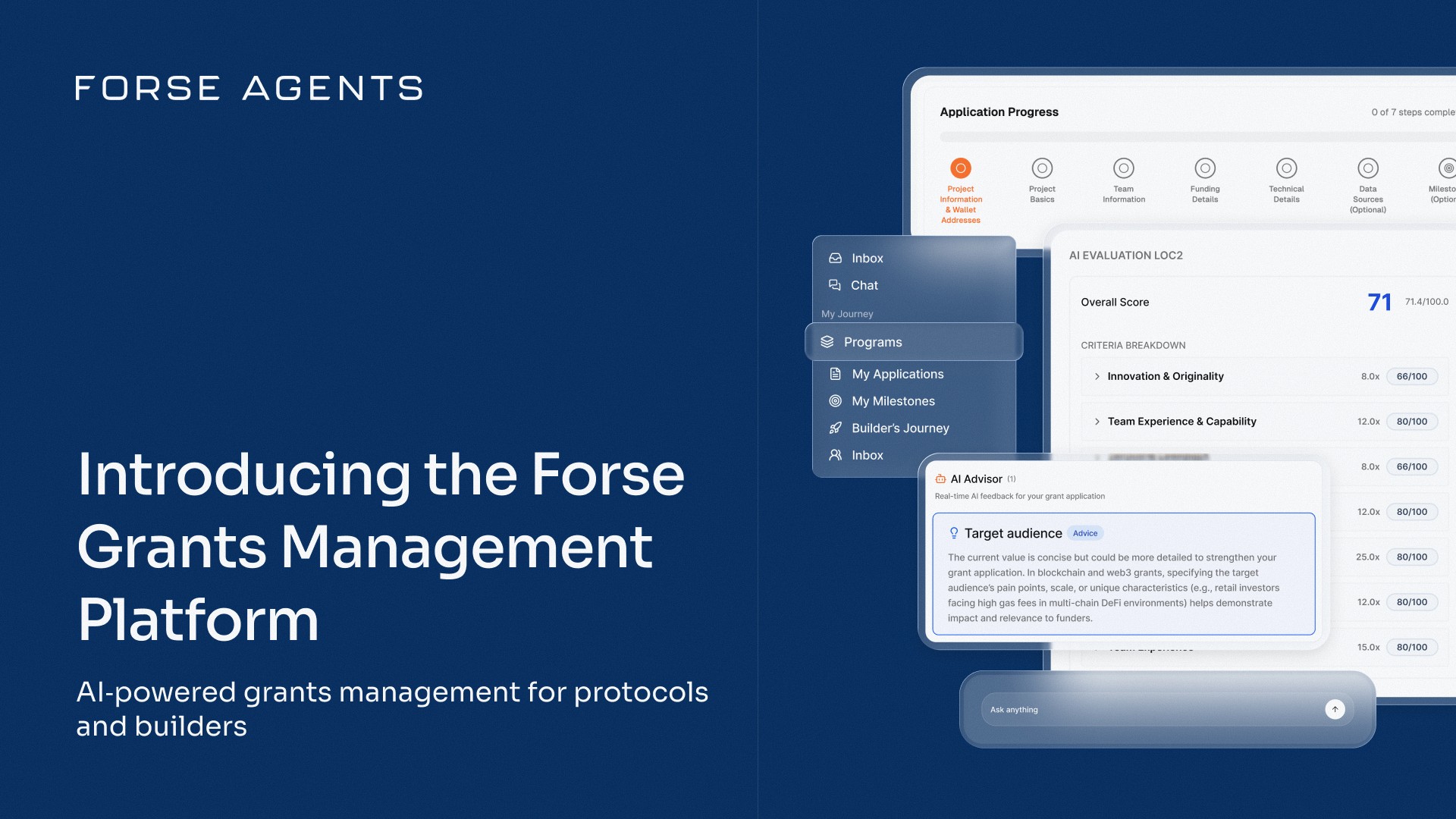The world is changing—not gradually, but fundamentally. Decentralization isn’t a passing trend; it’s a radical reconfiguration of how we work, collaborate, and make decisions.
I’ve always believed that “The world advances thanks to optimistic nonconformists.” DAOs embody that spirit—people who reject the status quo, self-organize without permission, and build systems that once seemed impossible.
From the moment I discovered this space, I knew I didn’t want to be just a spectator. I wanted to be part of it.
A Rabbit Hole That Never Ends

Like many, I entered crypto in 2020, hoping to make money trading. Spoiler! It didn’t work.
Before that, I was a naval engineer working in the maritime industry, where I picked up all kinds of lessons—about systems, risk, and resilience. In one of my roles, we explored how blockchain could impact the shipping industry. That sparked something.
What started as a professional curiosity quickly turned into an obsession. I dove deep into Bitcoin, Ethereum, and the mechanics of decentralized coordination. And if you’ve ever fallen down the rabbit hole, you know there’s no turning back.
I became fascinated—not just with the technology, but with the philosophy behind it. The more I learned, the more I wanted to share. Inspired by people like Kevin Owocki, Dan Koe and Jack Butcher, I started writing on Twitter.
Creating content connected me with like-minded people, sparking conversations beyond theory and opening the door to real governance participation.
From Vibes to Structure
My first experience in DAOs was BanklessDAO. Back then, vibes were everything—a buzzing community, boundless enthusiasm, and the sense that we were building something revolutionary.
But soon, I realized something: Vibes alone weren’t enough.
At Tally, through Content Guild, where I conducted research on governance structures, I learned firsthand how the lack of clear processes could limit a DAO’s impact. This experience reinforced the importance of structured frameworks in enabling DAOs to scale effectively.
I also took part in DAOspring, a DAO-focused initiative where I had the chance to collaborate with governance thinkers from around the world.
Around the same time, I started expanding my participation beyond community-driven DAOs, getting involved in Optimism and Arbitrum, exploring how governance operates within L2 ecosystems.
These experiences reinforced a key realization: DAOs need more than participation. They need effective governance systems to scale and succeed.
Governance as a Responsibility
The next step was inevitable. I became a delegate at Rarible, and everything changed.
Governance was no longer just an area of interest—it was a real responsibility. My votes had direct consequences on a growing protocol and its community. That’s when I started paying attention to professional delegates.
StableLab: Engineering Governance That Works
StableLab has always set the standard in DAO governance—rigorous, methodical, and providing the structure many DAOs struggle to build. Joining the team was a big step forward: an opportunity to work alongside some of the sharpest minds in the space, designing governance systems that scale and managing delegation programs that make a real impact.
Decentralization isn’t just about participation—it demands governance frameworks that turn ideals into action. StableLab doesn’t just take part; it architects, refines, and drives governance forward.
And now, I can proudly say: we are the ones making it happen.
If this resonates with you, let’s connect!
Share with your friends:








